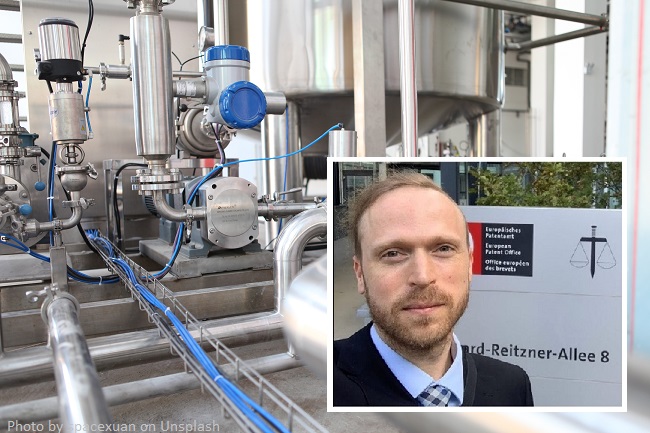The impact of Trade Compliance Laws on the IP strategy of a company, with an example of the pump and compressor industry
When considering the broader picture of international trade, it is clear that intellectual property rights are an important tool, allowing companies to optimize their market position by influencing their own market share as well as that of their competitors. The use of IP assets as a strategic means to achieve competitive advantage is indeed well known.
Another important influencing factor on international trade, however, does not originate from the competitive landscape within an industry in which a company operates, but is rather determined by regulators, often representing governments that impose certain restrictions on trade, often out of national security concerns or to use trade as one of the bargaining chips in the framework of international politics.
While both intellectual property laws and trade laws have been around for many years, both areas of law have recently entered the centre stage of international attention since they are both part of the arsenal of weapons used in international trade wars. Changes to the laws and regulations on intellectual property and trade, can result in huge challenges for businesses involved in international trade, particularly if the regulatory framework in which they operate is changing rapidly.
The question that I have been studying in this Master thesis is to what extent trade compliance laws influence IP management within companies itself. In order to study this question, I focused on the example of companies operating in the industrial pump, vacuum pump and compressor industry. Companies that are active in this industry typically design their IP strategy around a differentiation strategy in order to compete in the market.
In this Master thesis, I have compared international trade statistics with international sanctions regimes in order to help identify a potential correlation between the regulatory framework in which companies operate and the resulting market conditions in which such companies have to compete.
While the thesis has looked at sanctions regimes and the use of IP across many different jurisdictions, particular attention has been also paid to the international sanctions that have been rolled out at a tremendous speed against the Russian Federation during 2022 and 2023 and the resulting shifts in international trade balances. This example is particularly well suited to have a closer look at the way in which geopolitics and regulators can affect the market in which companies compete – and in a potentially very disruptive way too.
Finally, I have looked closer at the ways in which IP strategy and IP management in a company could be adapted, depending on the changing market conditions as a result of evolving trade compliance laws and particularly export control laws, be it from a competitive viewpoint or from a regulatory viewpoint, for example with the intention to counteract sanctions circumvention.
This research project was conducted by MIPLM graduate Ewan Van Minnebruggen and supervised by Prof. Dr. Alexander Wurzer and Dr. Thibaud Lelong both CEIPI.
 Ewan is a Belgian and European patent attorney, European trademark attorney and representative before the UPC. He is Global Head of IP and Global Trade Compliance Lead at Atlas Copco. In 2023 he completed the University Diploma on IPBA as well as the Master in IP Law and Management from CEIPI.
Ewan is a Belgian and European patent attorney, European trademark attorney and representative before the UPC. He is Global Head of IP and Global Trade Compliance Lead at Atlas Copco. In 2023 he completed the University Diploma on IPBA as well as the Master in IP Law and Management from CEIPI.
Here is a presentation of the research project:



